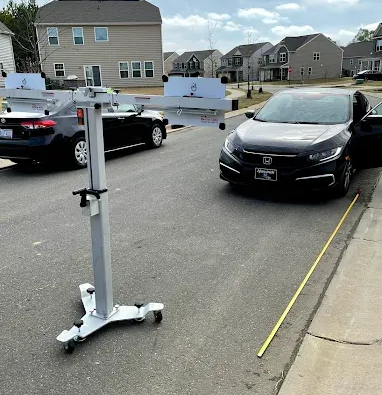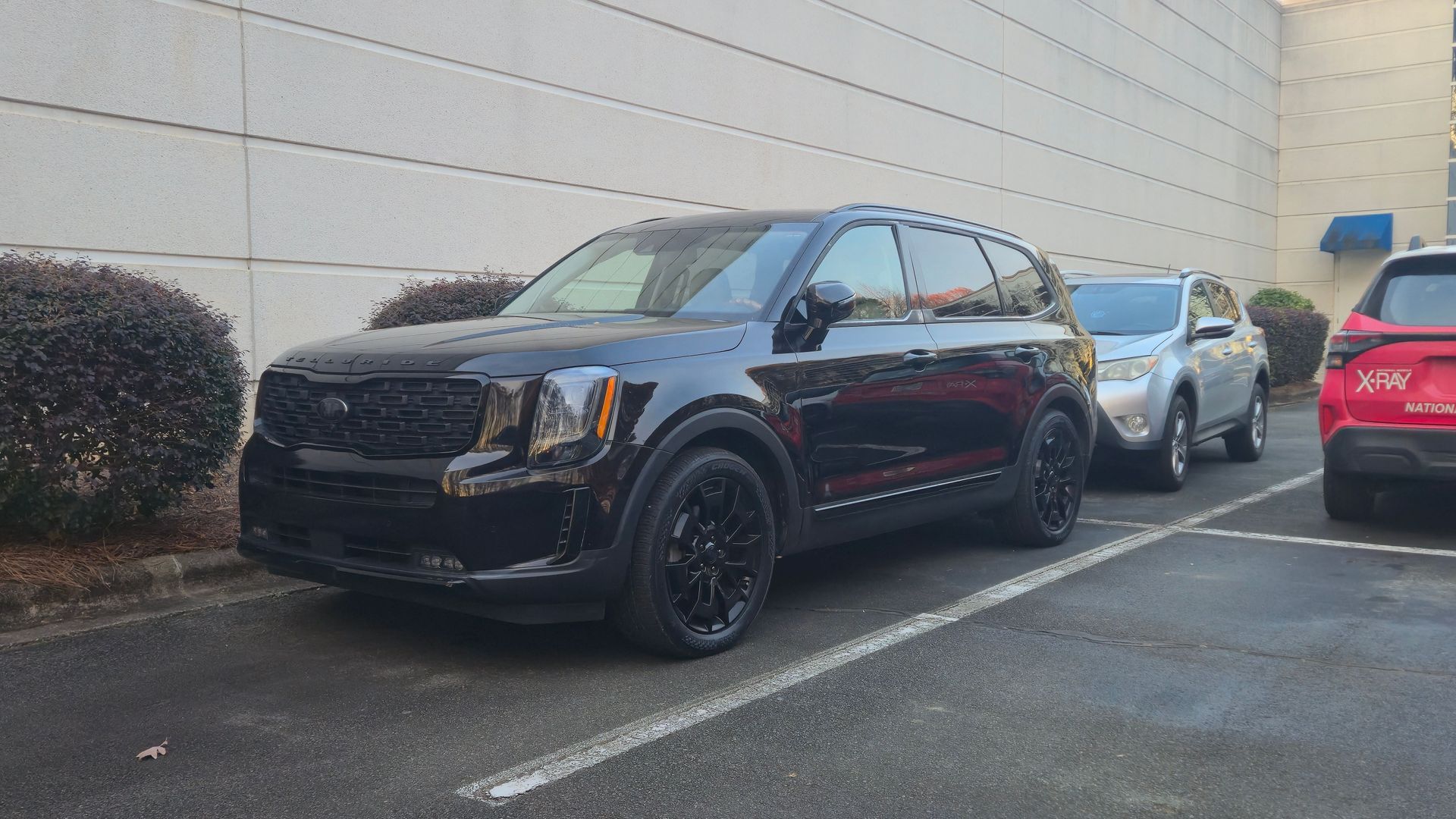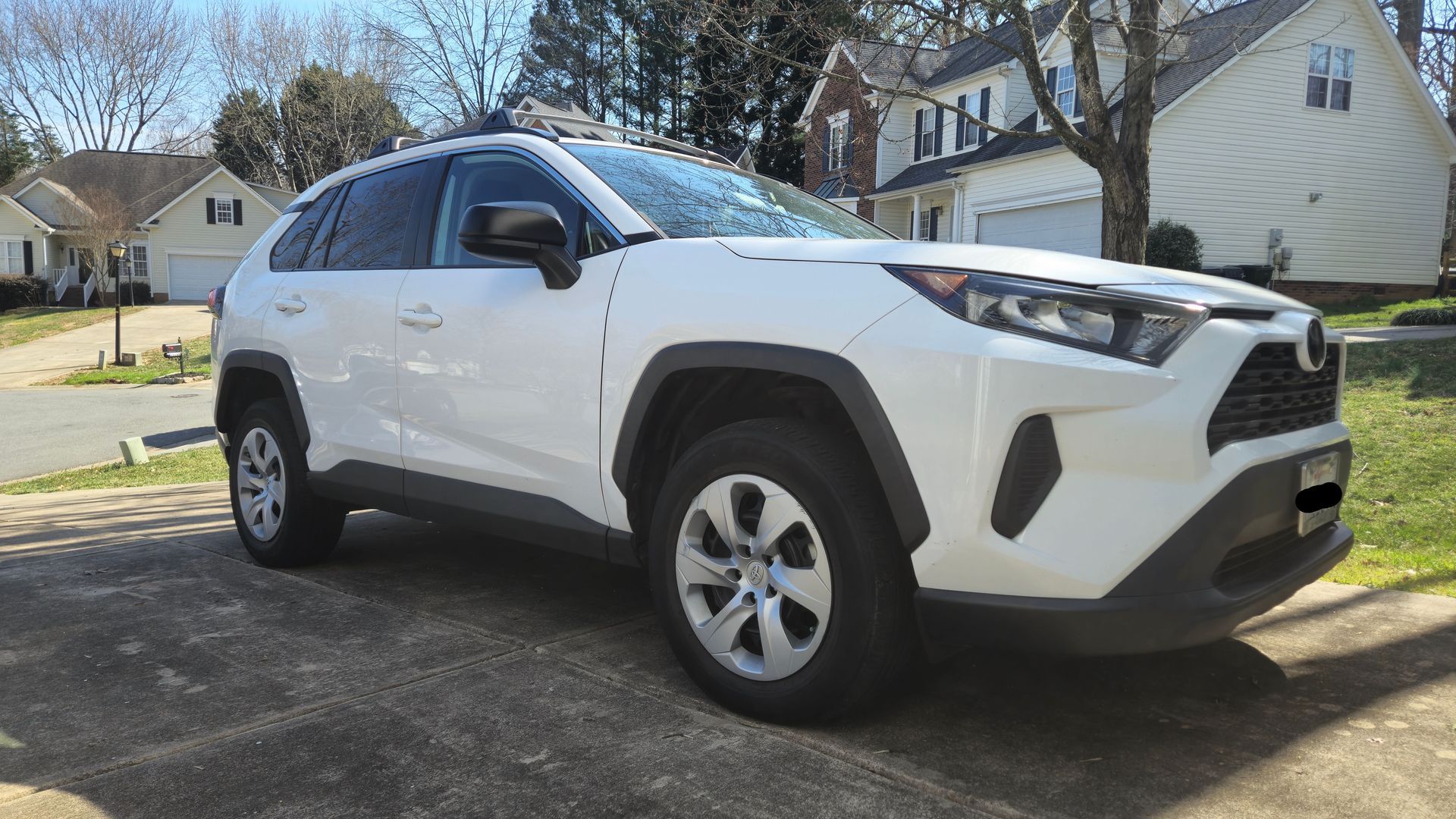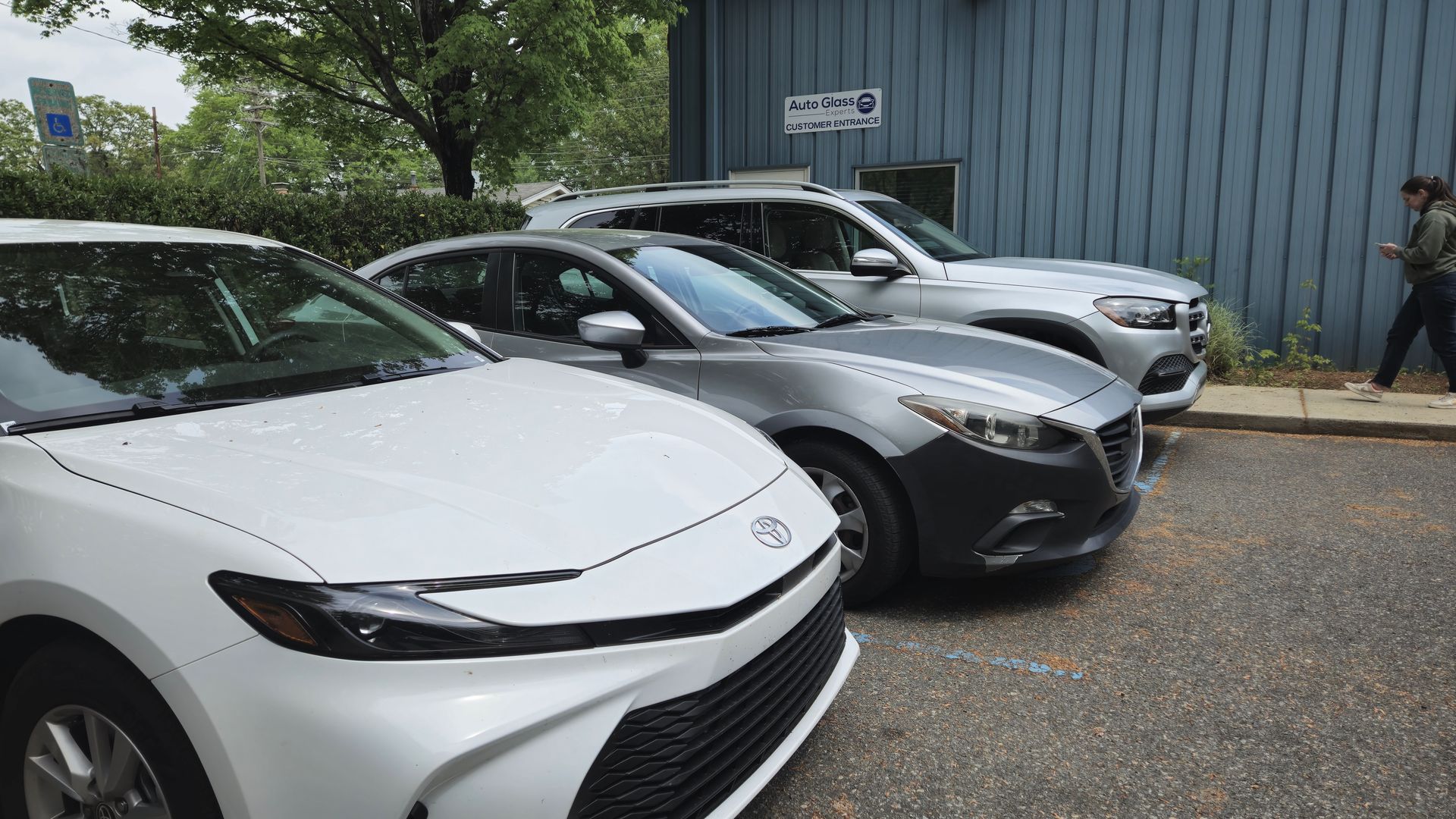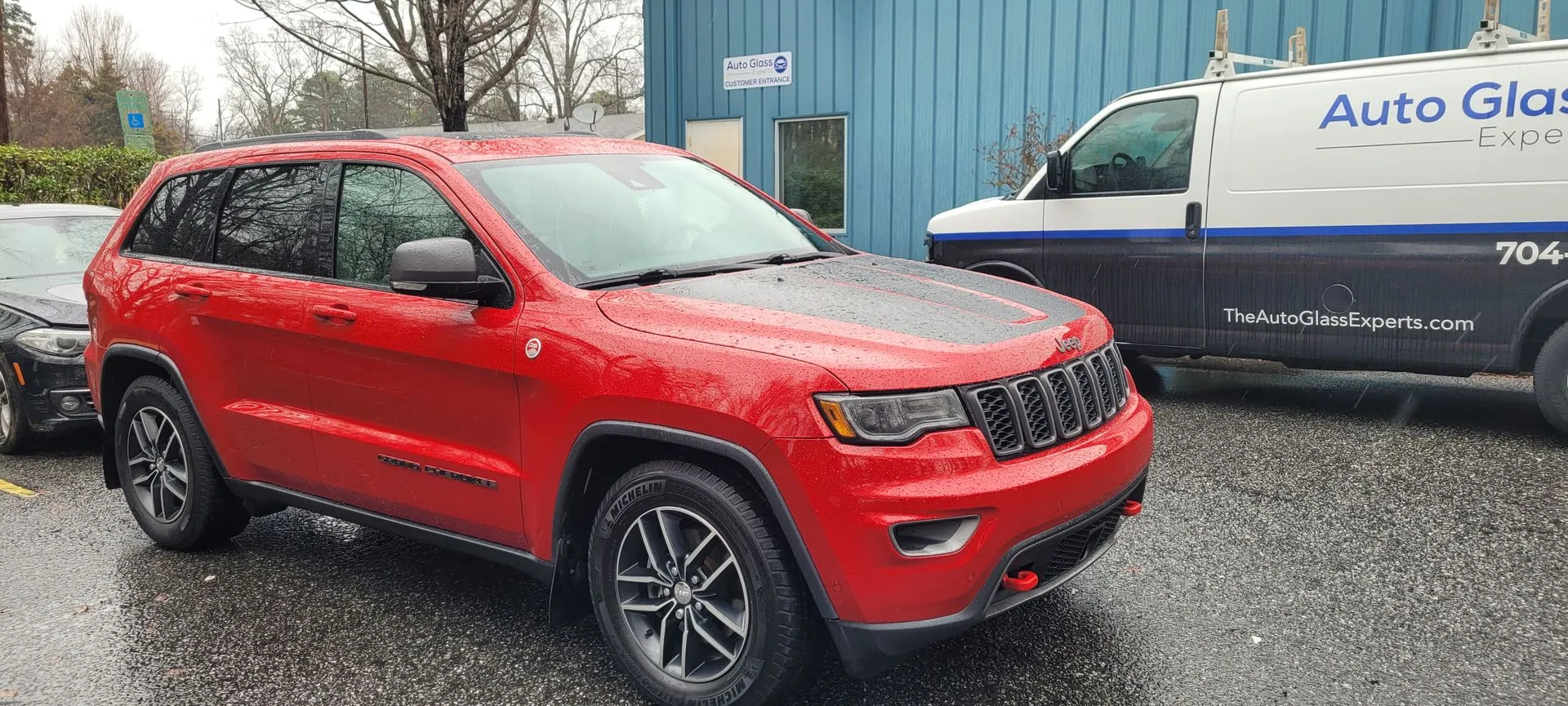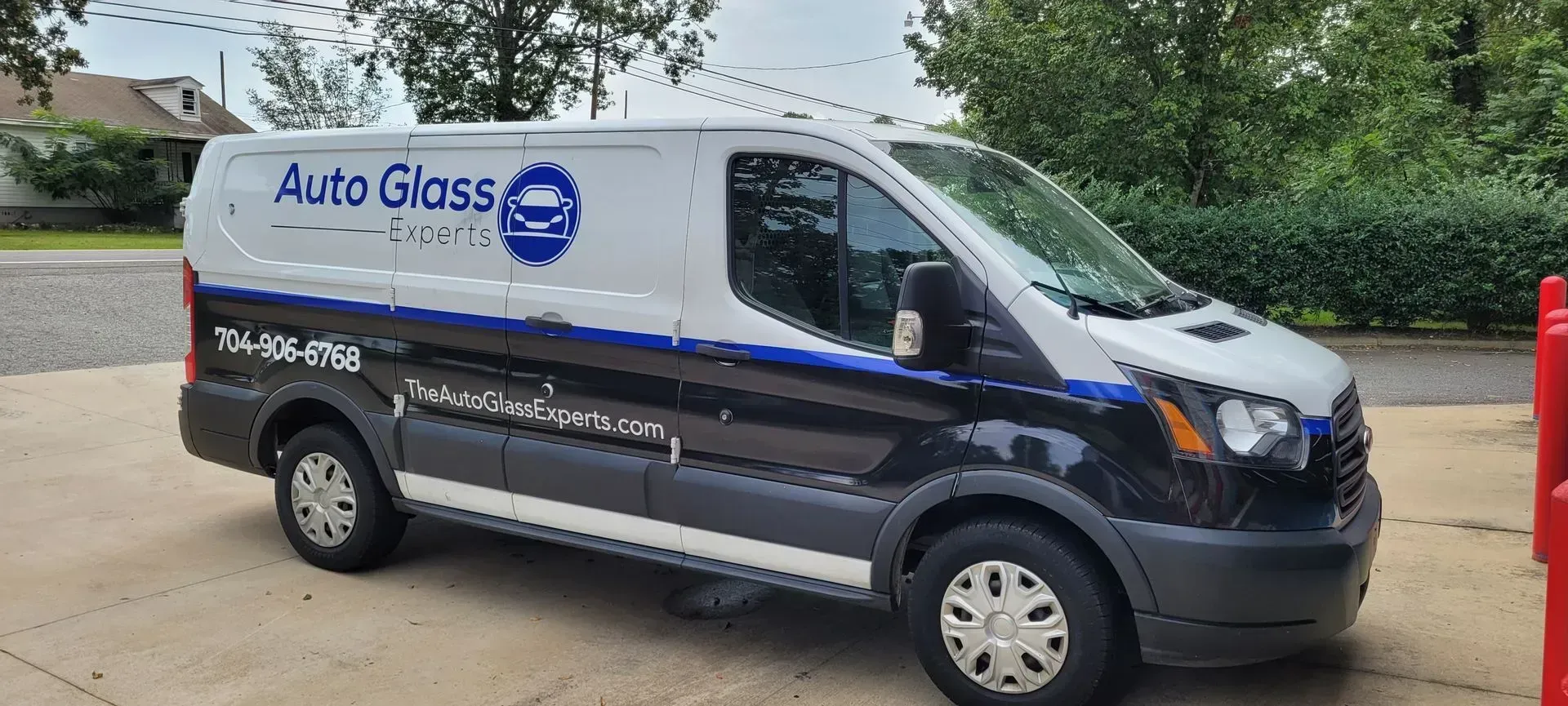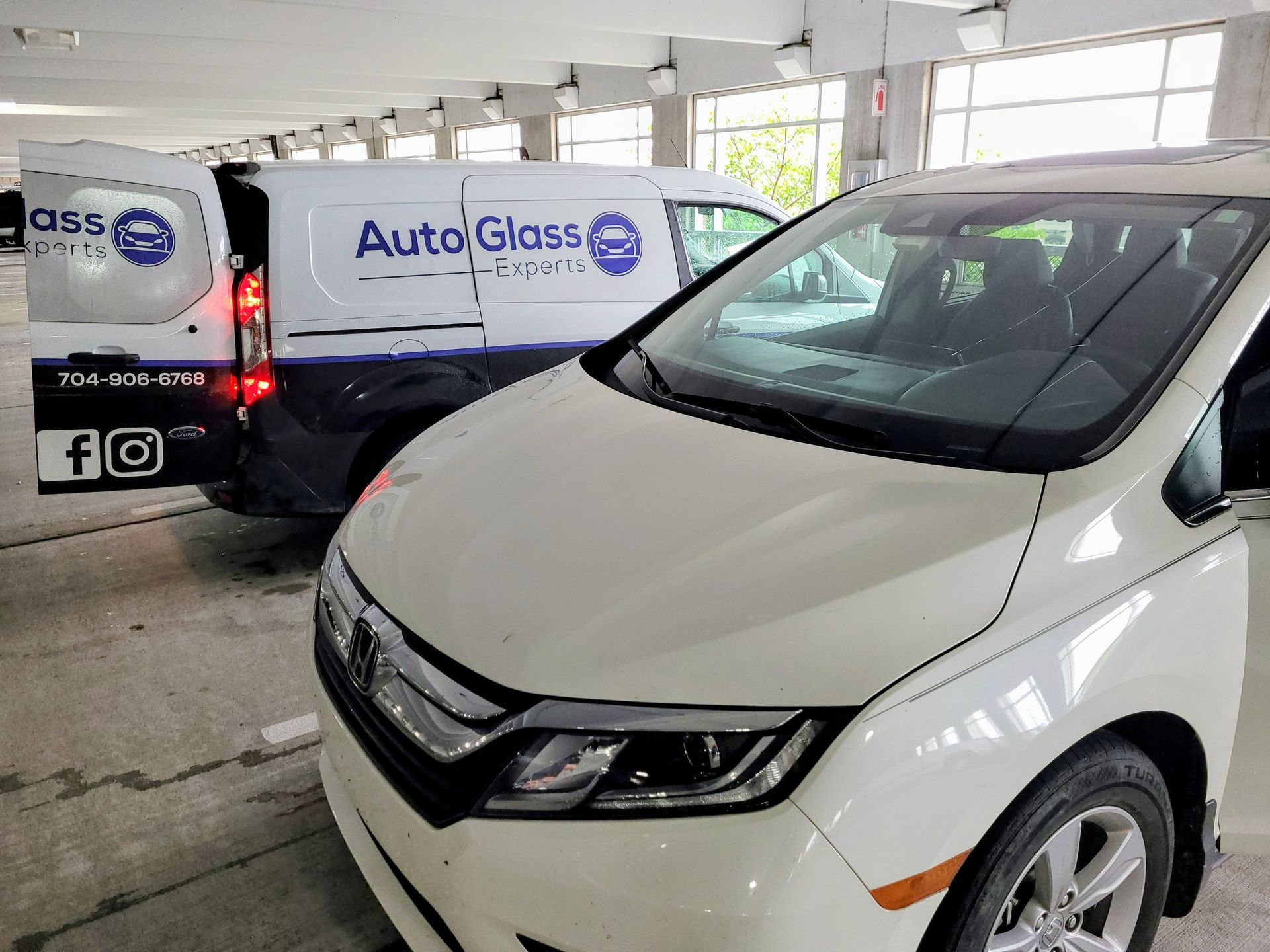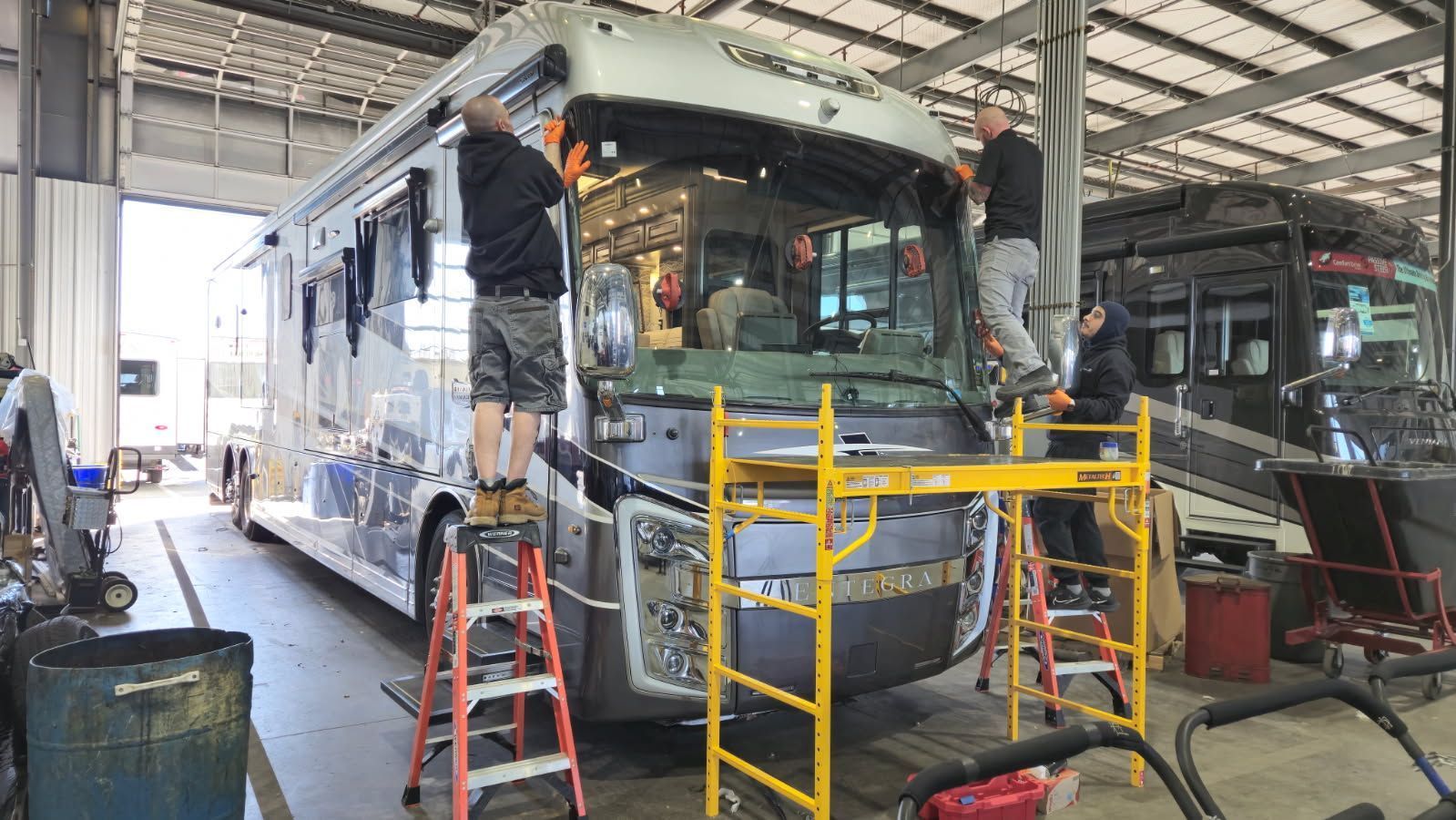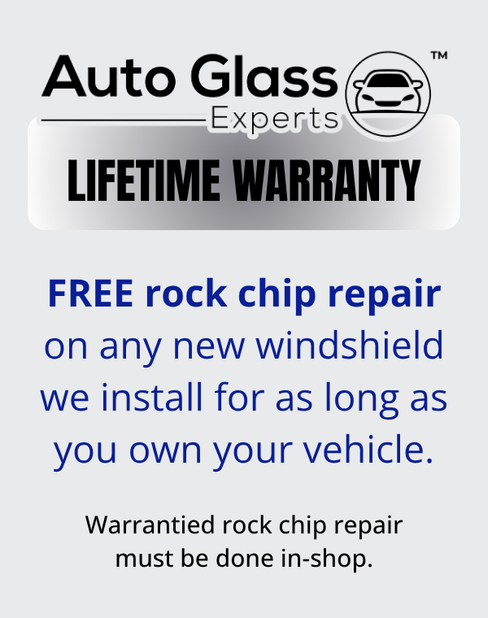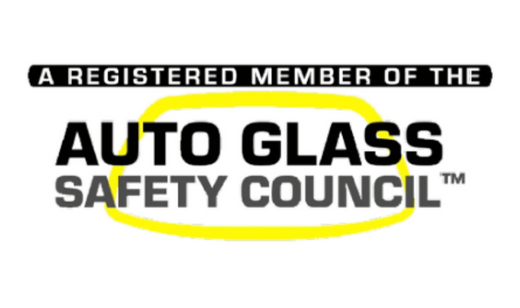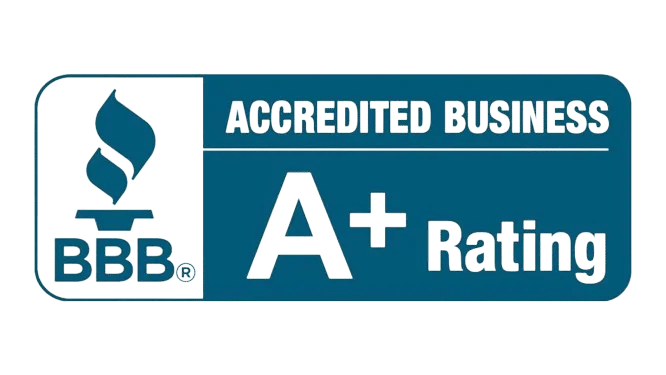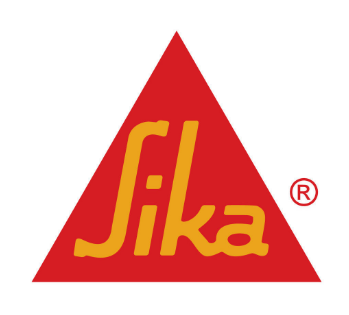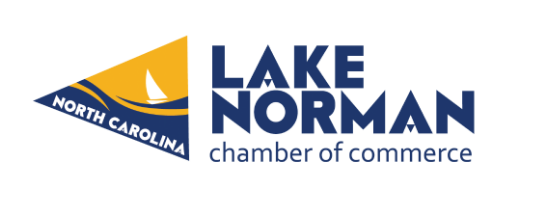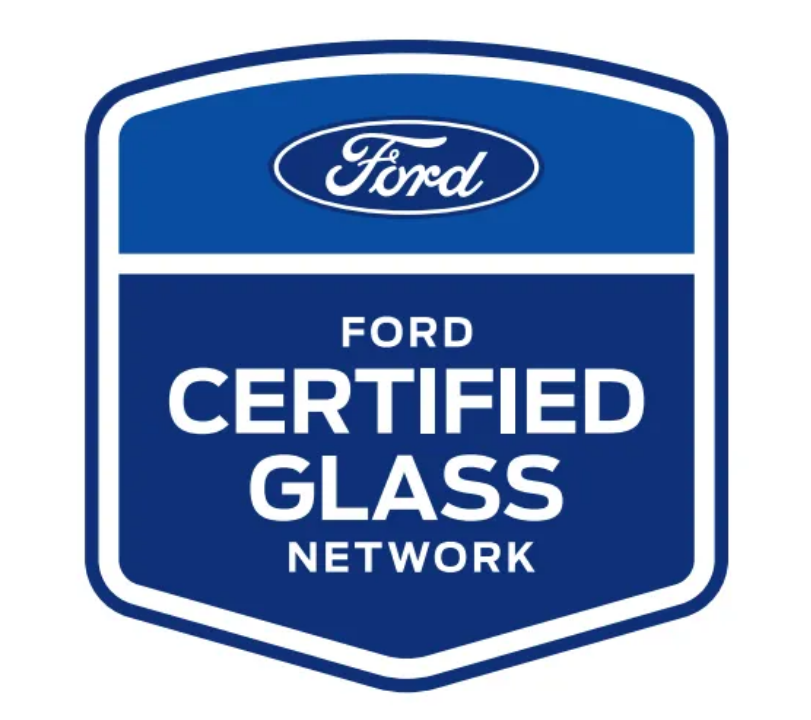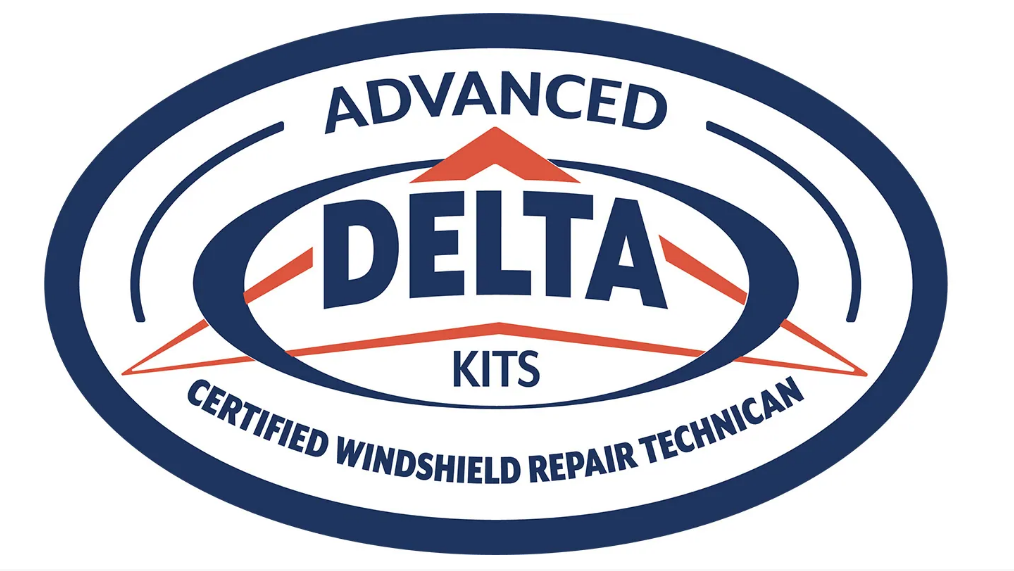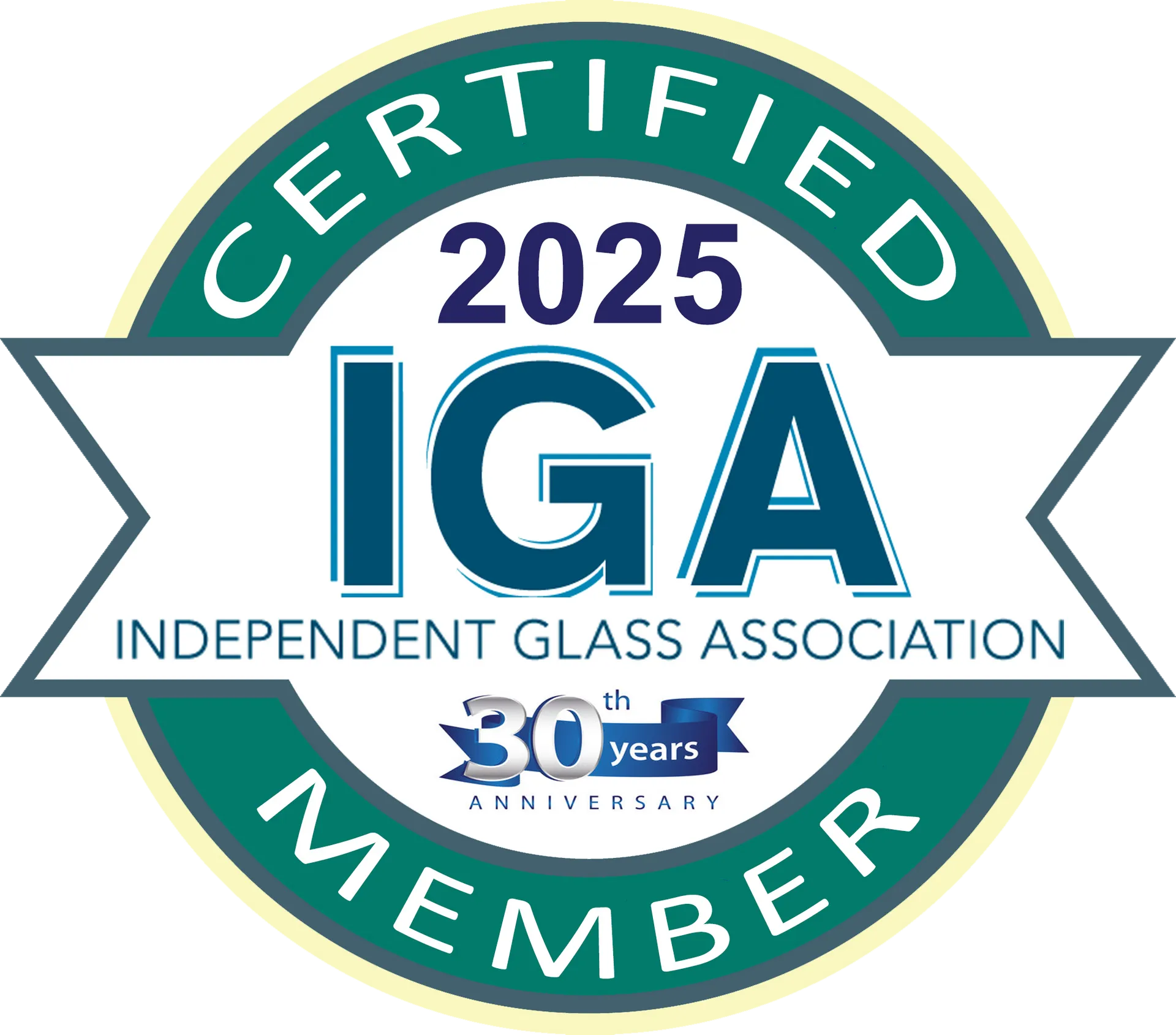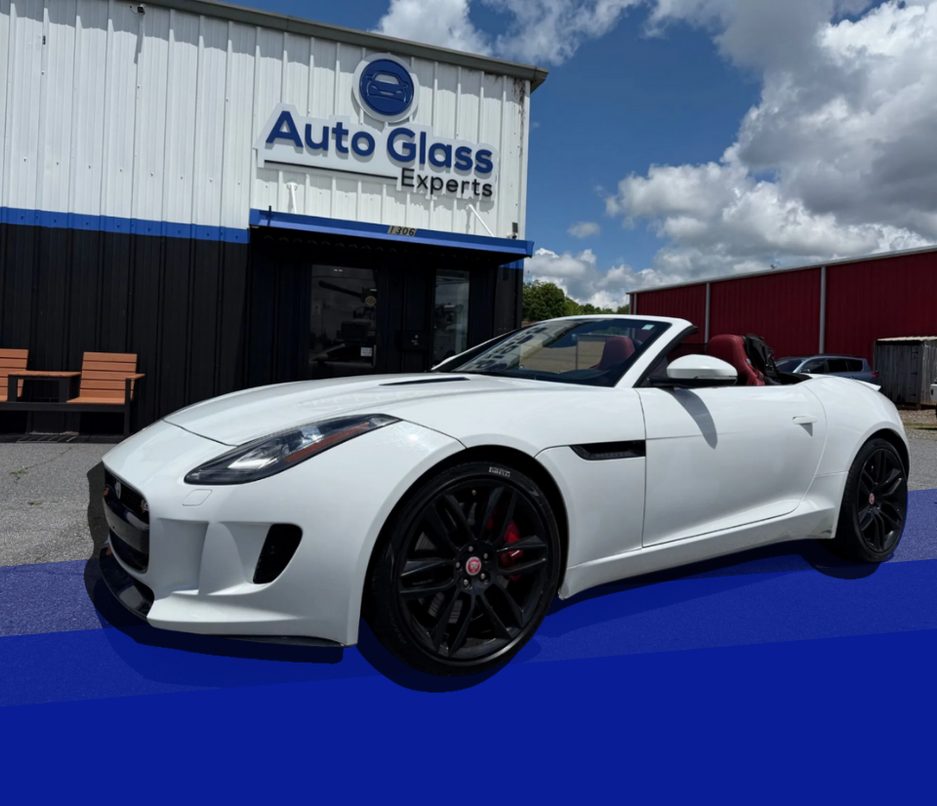Mobile ADAS Calibration: Things To Know
What Drivers Need to Know About Mobile ADAS Calibration
Advanced Driver Assistance Systems (ADAS) have revolutionized automotive safety and driving comfort. Features like adaptive cruise control, lane departure warning, automatic emergency braking, and parking assistance rely heavily on sensors, cameras, and radar systems. To ensure these systems function correctly, precise calibration is essential. With the rise of mobile ADAS calibration services, understanding what they entail and why they matter is more important than ever.
What Is Mobile ADAS Calibration?
Mobile ADAS calibration refers to the process of realigning sensors and cameras after windshield replacements or modifications to a vehicle’s ADAS components. Unlike fixed calibration stations, mobile calibration offers on-site services at the vehicle’s location, providing convenience for vehicle owners, dealerships, and repair shops alike.
Why Is ADAS Calibration Important?
- Safety and Performance: Proper calibration ensures that ADAS features operate as intended, reducing the risk of accidents.
- Legal Compliance: Some jurisdictions require documented calibration after repairs involving sensors.
- Preventing Future Damage: Misaligned sensors can cause false alerts or system failures, leading to costly repairs or safety hazards.
Key Things to Know About Mobile ADAS Calibration
1. Calibration Requirements Vary by Vehicle and System
Not all ADAS components are the same, and calibration needs depend on the vehicle’s make and model, as well as the specific sensors involved. For example, calibrating a front camera may differ significantly from calibrating radar sensors. It’s essential to consult the manufacturer’s specifications with a certified technician.
2. Calibration Is Not a “One-Size-Fits-All” Process
Some systems require simple visual or
static calibration, which involves aligning cameras to a fixed point or marker. Others require
dynamic calibration, in which the vehicle is driven through specific maneuvers. Accurate calibration must follow the manufacturer’s procedures precisely to ensure system integrity.
3. Technology and Equipment Matter
Mobile calibration services employ specialized tools such as target boards, laser measurement devices, and diagnostic software. These tools facilitate precise adjustments directly at the vehicle’s location. Proper calibration equipment ensures performance accuracy, which is crucial for system reliability.
4. Environmental Conditions Are Critical
ADAS calibration typically needs to be performed in controlled environments—flat surfaces, good lighting, and minimal interference. Those conducting mobile calibration must ensure conditions are suitable; otherwise, calibration might be compromised, leading to inaccurate sensor alignment.
5. The Role of Certified Technicians
Unqualified calibration attempts can lead to misalignment and system failures. Certified technicians undergo specific training and use validated procedures and tools to perform calibration correctly. Always seek service from reputable providers with experience in mobile ADAS calibration.
6. Post-Calibration Checks Are Essential
After calibration, a thorough system check is necessary to verify proper operation. This includes diagnostic scans and system tests to confirm that all ADAS features respond correctly and that warning or alert signals function as intended.
Benefits of Mobile ADAS Calibration
- Convenience: Calibrations are performed at your location, saving time and effort.
- Faster Turnaround: Mobile services often provide quicker scheduling, especially helpful after minor repairs or sensor replacements.
- Cost-Effective: Reducing the need to transport the vehicle to a fixed site can save money, especially for fleet operators.
When to Consider Mobile ADAS Calibration
- After collision repairs involving sensors or cameras.
- When replacing windshield-mounted sensors or cameras.
- Following any system warning related to ADAS systems.
- When upgrading or modifying vehicle accessories that impact sensors.
Mobile ADAS calibration is a crucial aspect of maintaining vehicle safety and functionality in modern autos. As technology advances and systems become more sophisticated, the importance of accurate, certified calibration services grows. Whether you're a vehicle owner or manage a fleet, understanding these key considerations ensures your ADAS features provide the safety and convenience they promise.
Does Your Vehicle Need a Mobile ADAS Calibration in the Carolinas?
If you have a vehicle that needs mobile
ADAS calibration in
Concord,
Hickory,
Huntersville, or the
Mooresville, NC, area,
contact Auto Glass Experts. We have top-of-the-line equipment to calibrate all modern cars, and in most cases, we can calibrate your systems in your driveway.
